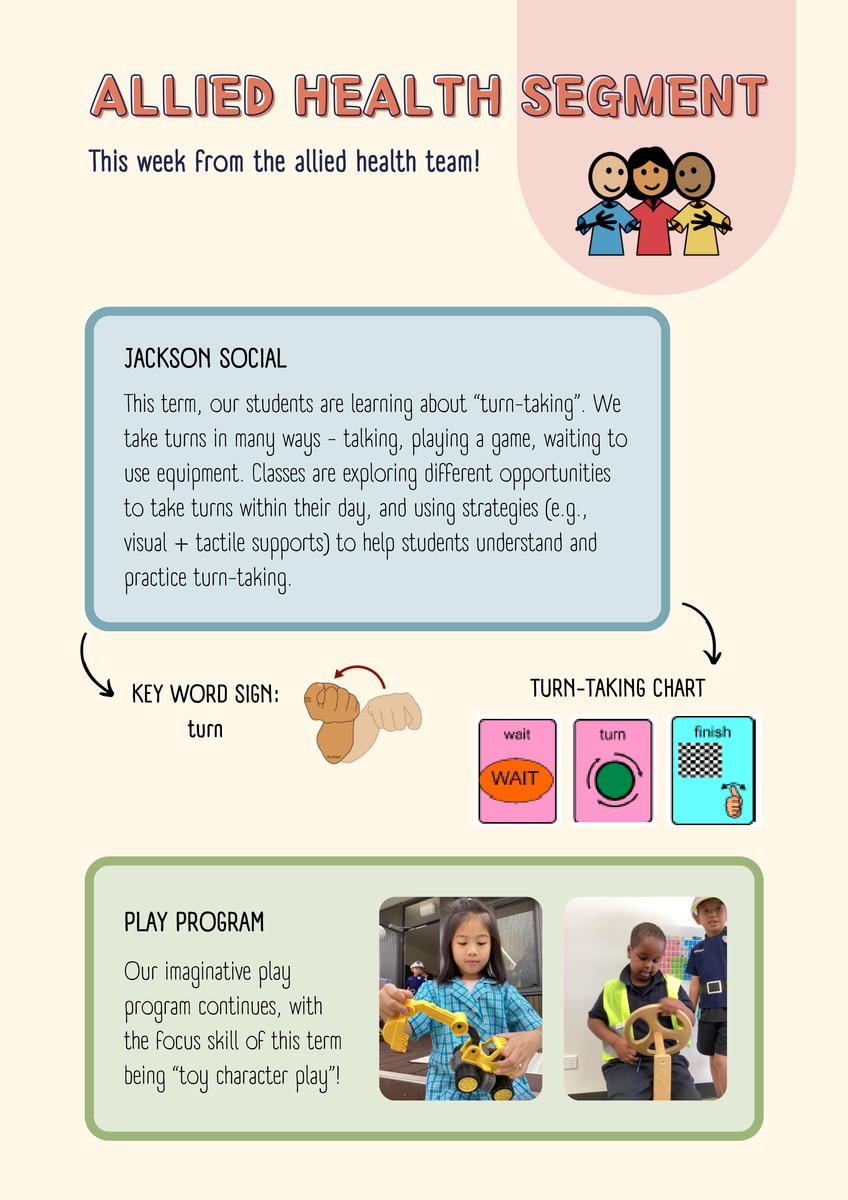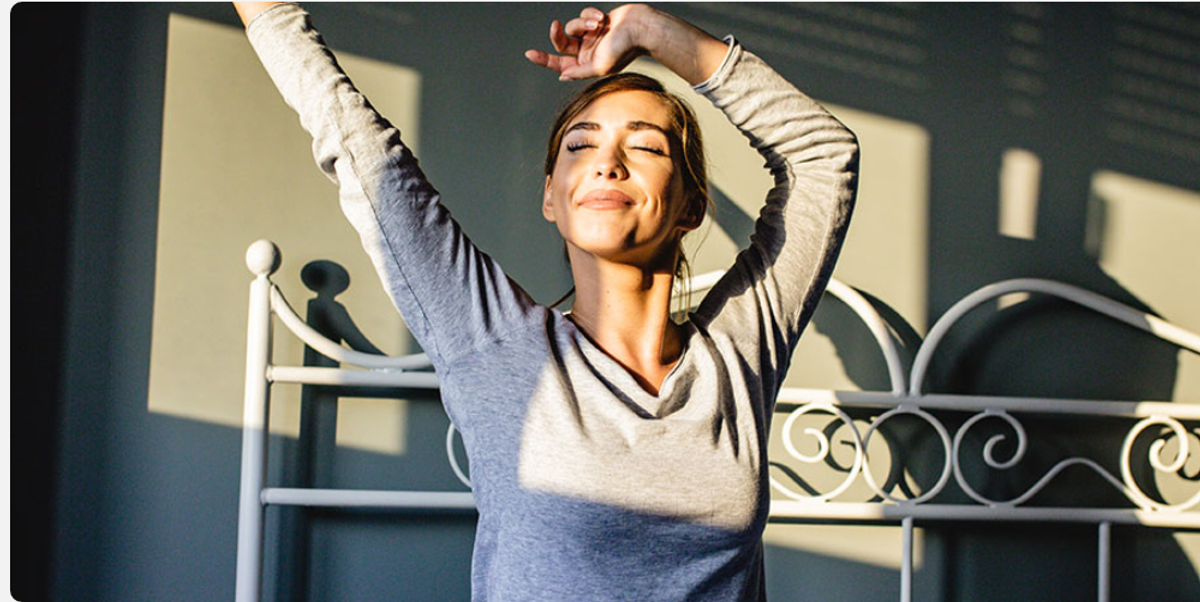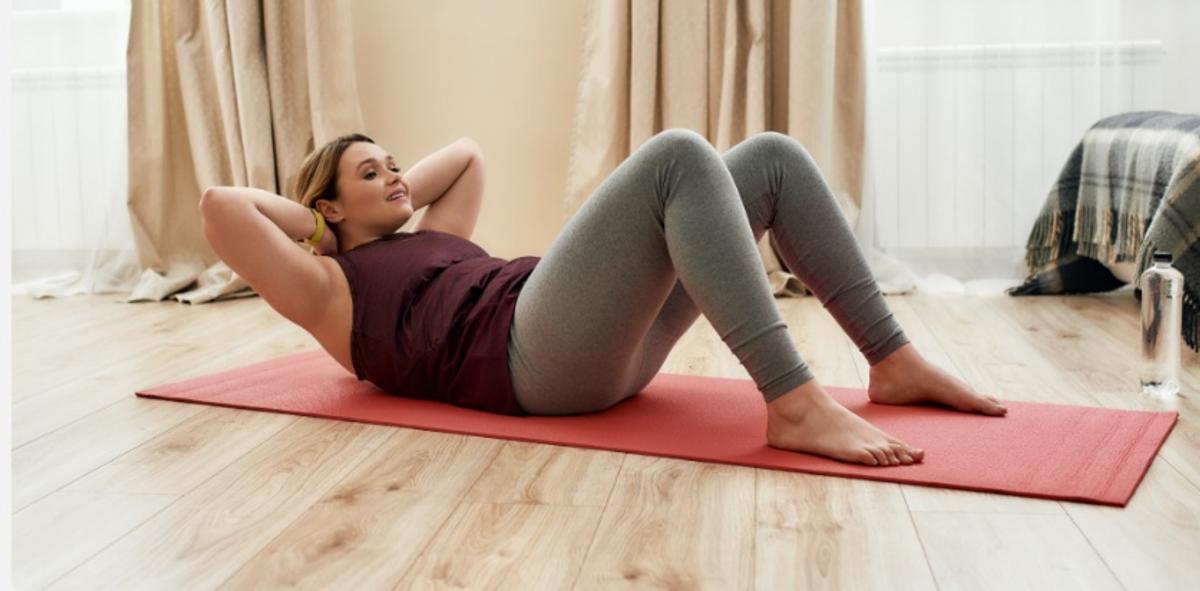Health & Wellbeing News

Can exercising help you sleep better?
“Good sleep quality and regular physical activity are fundamental to good health and wellbeing. However, the prevalence of sleep loss and lack of exercise is increasing, often traded off in modern life for social and work demands. “
I have noticed a lot of tired students at school recently and often wonder about how much or how little sleep that they might be getting. Certainly, the recent extended spell of hot weather has not been conducive to getting a good night sleep. Nor are long periods of time spent on devices, gaming or sitting in front of the TV screen for extended periods going to help. Seven full weeks of school after the extended summer vacation probably also contributes. We hope that through our PE sessions, weekly Health and Fitness classes, Morning Fitness training sessions, and a whole range of movement activities (ie Recess and Lunchtime games) that we are helping to develop active and fit children. The following article is one that I found on the Get Active Victoria website, and it addressed the benefits of good sleep and participation in movement and physical activity and how they interact together.
Which is more important – sleep or physical activity?
Regular physical activity has been shown to be an effective, non-chemical approach to improving sleep and is recommended as a complementary approach to therapies for sleep problems.
However, it is important to note evidence of the two-way relationship, that is, exercise (or being physically active) can help you sleep better and getting adequate sleep can promote healthier physical activity levels during the day – so we need to do both to optimise our health!
Is there a certain type of physical activity I should do to benefit my sleep?
Participation in any regular physical activity is better than none! However, studies have shown that those who participate in recommended levels of moderate to vigorous physical activity (e.g. ‘walking briskly’ levels) are more likely to:
sleep more than 6 hrs a night
experience good to excellent sleep quality
fall and stay asleep more easily
not be diagnosed with sleep disorders such as insomnia, sleep apnoea or restless legs syndrome.
To discover more information about recommended activity levels, read the physical activity and exercise guidelines for all Australians.
Is there a difference to my sleep if I exercise in the morning or the night?
Some people are early risers and enjoy exercising in the morning. For others, the thought of getting up and exercising is just too much! The question often asked is ‘will my sleep quality change if I exercise in the morning or night?’. The answer is no. There is no strong evidence available that exercising in the morning is better compared to night, just as long as you are active throughout the day and not vigorously exercising too close to bedtime.
A review by Brett et al (2017) revealed that if you vigorously exercise less than one to two hours before bed, your sleep efficiency and total sleep time can be affected, due to increases in heart rate, body temperature and adrenaline levels. Instead, try physical activities such as yoga, stretching and breathing exercises before bed to improve your ability to fall and stay asleep.
So, keep these points in mind:
Physical activity can help you sleep, and quality sleep can help you be active!
Avoid vigorous exercise just before bed.
Take note of your sleep quality (the time to fall asleep, stay asleep and if you wake feeling refreshed) and when and how long you are active during the day.






